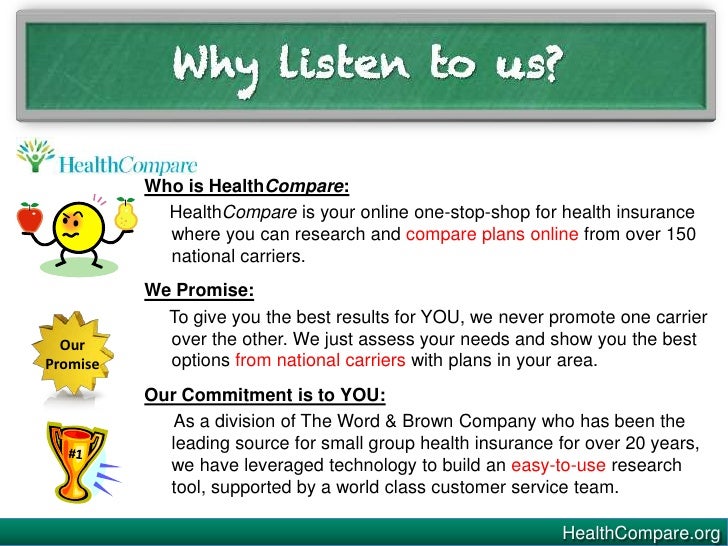I have actually avoided it often times, and my number has yet to come up. If it ends up that I need to cancel or disrupt, I'll just have to take my monetary swellings I played the odds and lost. But in some cases it's most likely an excellent idea to get this protection for example, if you're paying a great deal of up-front cash for an arranged trip or short-term accommodation rental (both of which are pricey to cancel), if you or your travel partner have questionable health, or if you have an enjoyed one at home in bad health. A standard trip-cancellation or disturbance insurance coverage policy covers the nonrefundable financial penalties or losses you incur when you cancel a prepaid trip or flight for an acceptable reason, such as: You, your travel partner, or a family member can not take a trip because of illness, death, or layoff, Your tour business or airline company goes out of company or can't carry out as assured A member of the family in your home gets ill (inspect the fine print to see how a relative's pre-existing condition might affect protection) You miss a flight or require an emergency situation flight for a reason outside your control (such as an automobile accident, harsh weather, or a strike) So, if you or your travel partner accidentally breaks a leg a few days prior to your trip, you can both bail out (if you both have this insurance coverage) without losing all the cash you spent for the trip.
This type of insurance can be utilized whether you're on an arranged tour or cruise, or taking a trip separately (in which case, only the pre-paid expenses such as your flight and any nonrefundable hotel reservations are covered). Keep in mind the distinction: Journey cancellation is when you don't go on your trip at all. Journey interruption is when you begin a journey however need to suffice short; in this case, you'll be repaid only for the part of the trip that you didn't total. If you're taking a tour, it might already include some cancellation insurance coverage ask - How much car insurance do i need. Some insurers won't cover specific airline companies or trip operators.
Make sure your carrier is covered. Buy your insurance coverage policy within a week of the date you make the first payment on your trip. Policies bought later on than a designated cutoff date typically 7 to 21 days, as figured out by the insurance provider are less likely to cover trip company or air carrier personal bankruptcies, pre-existing medical conditions (yours or those of relative at house), or terrorist occurrences. Mental-health issues are normally not covered. Jittery travelers are fretful about two huge unknowns: terrorist attacks and natural disasters. Ask your company for details. A terrorist attack or natural catastrophe in your hometown might or may not be covered.
Even then, if your tour operator uses an alternative schedule, your coverage might end up being void. When it comes to natural disasters, you're covered only if your location is uninhabitable (for example, your hotel is flooded or the airport is gone). War or outbreaks of illness normally aren't covered. With travel turned upside down by the coronavirus pandemic, it's more crucial than ever to know what travel insurance covers and what it doesn't. While a lot of standard policies provide protection for flight cancellations and trip disturbances due to unpredicted occasions, a lot of COVID-19related concerns are left out from protection, including: Fear of travel: If you decide not to take a trip out of fear of contracting COVID-19, your insurance coverage policy will not cover you.
Little Known Questions About What Is Whole Life Insurance.
Extra COVID-19 break outs: If the location you're planning to go to experiences brand-new shutdowns after you've booked the trip, do not want to your travel insurance coverage for protection. Going against government travel cautions: If you do have protection, your policy may be voided if you travel somewhere that your federal government has deemed hazardous, or if your government has restricted global travel. You might have the ability to prevent the question of what is and what isn't covered by purchasing a costly "cancel for any reason" policy (explained listed below). Health emergencies are the main cause for trip cancellations and disruptions, and they can include high medical costs in addition to extended accommodations bills for travel partners.
While lots of United States insurers cover you overseas, Medicare does not. Likewise, make certain you're mindful of any policy exclusions such as preauthorization requirements. Even if your health insurance does cover you internationally, you might want to consider purchasing a special medical travel policy. Much of the extra coverage readily available is additional (or "secondary"), so it covers whatever expenditures your health insurance doesn't, such as deductibles. But you can also acquire main protection, which will look after your costs approximately a certain amount. In emergency situation circumstances involving pricey procedures or over night stays, the health center will generally work directly with your travel-insurance carrier on billing (but not with your routine health insurance business; you'll likely need to pay up front to the medical facility or center, then get compensated by your stateside insurance company later).
Whatever the scenarios, it's smart to contact your insurance company from the roadway to let them know that you've sought medical aid. Lots of pre-existing conditions are covered by medical and trip-cancellation coverage, depending upon when you buy the protection and how recently you have actually been treated for the condition. If you travel frequently to Europe, multi-trip yearly policies can conserve you money. Inspect with your representative or insurer prior to you commit. The United States State Department periodically issues cautions about traveling to at-risk countries. If you're visiting one of these countries, your cancellation and medical insurance will likely not be honored, unless you buy additional coverage.
Compare the expense of a stand-alone travel medical plan with extensive insurance, which includes excellent medical and evacuation protection. A travel-insurance business can assist you figure out the choices. Particular Medigap strategies cover some emergency situation care outside the United States; call the issuer of your extra policy for the information. Theft is especially worrisome when you think about the dollar worth of the items we load along. Laptop computers, tablets, cams, smartphones, and e-book readers are all costly to change. One method to secure your investment is to acquire travel insurance coverage from a specialized company such as Travel Guard, which uses a variety of options that include protection for theft.
3 Simple Techniques For How To Get Rid Of Mortgage Insurance


It's also smart to talk to your house owners or tenants insurance provider. Under most policies, your personal effects is already protected versus theft throughout the world however your insurance deductible still uses. If you have a $1,000 deductible and your $700 tablet is stolen, you'll need to pay to replace it. Rather than purchasing different insurance, it may make more sense to add a rider to your existing policy to cover pricey products while you take a trip. Prior to you leave, it's a good idea to take a stock of all the high-value items you're bringing. Make a list of identification numbers, makes, and models of your electronic devices, and take pictures that can work as records.